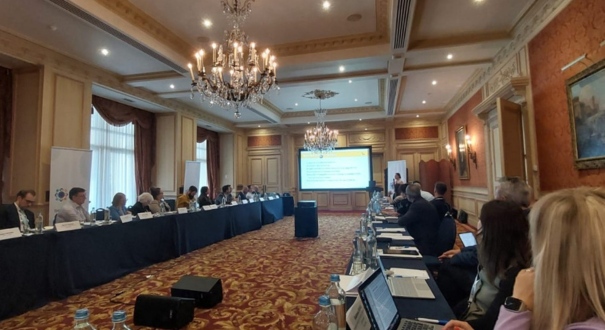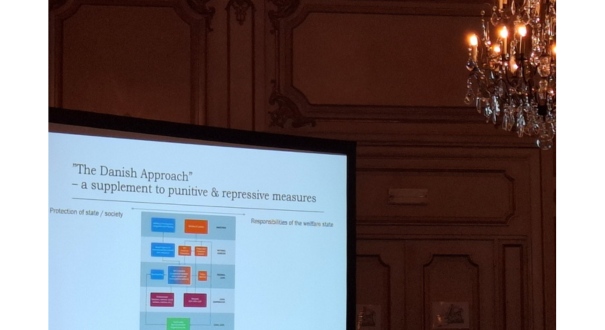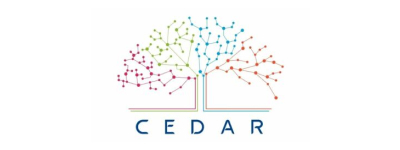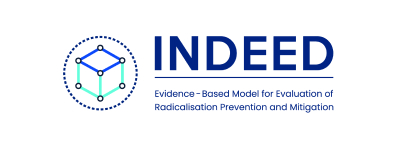As a partner in the European Commission’s EU Knowledge Hub on Prevention of Radicalisation, IPS joined researchers, policymakers, and practitioners from across Europe in Brussels to discuss effective rehabilitation strategies and responses to contemporary extremist threats.
The threat of radicalisation continues to pose significant challenges to security, social cohesion, and democratic values across Europe. Building upon the foundational work of the Radicalisation Awareness Network (RAN), launched by the European Commission in 2011, the EU Knowledge Hub on Prevention of Radicalisation stands as a major initiative aimed at strengthening the EU’s efforts to combat radicalisation leading to violent extremism and terrorism.
With the goal of consolidating and disseminating knowledge while supporting Member States in developing effective strategies for the prevention of radicalisation, the initiative encompasses a range of activities, including facilitating project-based collaborations led by Member States, providing training and mentoring opportunities, conducting research, and organising thematic panels where experts can engage on key priority topics.
As a partner in the initiative, IPS participated in two thematic panels held in Brussels, as part of both Thematic Panels Expert Implementation Team. Each panel focused on distinct priority areas, providing a platform for in-depth discussions among researchers, policymakers, and practitioners from across Europe, aimed at shaping future collaboration and responses to the evolving challenges of radicalisation in Europe.
Fostering rehabilitation and reintegration to prevent radicalisation
Bringing together 27 members of the panel, the 1st Meeting of the Thematic Panel on “Prisons, Rehabilitation and Reintegration” served as a launch point for collaborative discussion around the key issues and priorities that will guide the panel’s future work.
The meeting also focused on the critical challenges of rehabilitation within prison settings and the reintegration of individuals back into society, highlighting the importance of effective strategies in ensuring a successful transition for individuals leaving prison environments.
Throughout the two-day event, attendees engaged in meaningful dialogue on innovative approaches to ensure a successful prison-exit continuum, marking this meeting as a successful step forward in promoting knowledge-sharing and collaboration. The event also reinforced the initiative’s integrated, policy-driven approach to preventing radicalisation, emphasising the importance of aligning research, practice, and policy within a coherent and responsive framework.
Exploring responses to hybrid threats, disinformation, and polarisation
At the 1st Meeting of the Thematic Panel on “Local Dimension, Polarisation, and Resilience Building,” discussions centred on the impact of disinformation and hybrid threats at the local level.
Through case studies and the exchange of good practices, participants highlighted the critical role of the local level in preventing radicalisation. Far from being a static concept, the concept of “local” was discussed as a dynamic intersection of macro, meso, and micro-level influences. This approach emphasised that local actors – ranging from law enforcement to civil society – are uniquely positioned to detect early signs of polarisation and to implement tailored, context-sensitive responses.
The discussions underscored the need for participatory, adaptive, and evidence-based approaches, concluding that one-size-fits-all solutions are ineffective in addressing today’s complex challenges. Instead, successful prevention depends on mobilising diverse stakeholders, fostering trust, and continuously evaluating the impact of interventions in real time.



These initial meetings marked the start of an exciting journey, and IPS is proud to partner in this important initiative, contributing to the EU Knowledge Hub’s mission of fostering cross-sector collaboration to prevent radicalisation.
Related projects

CEDAR
Continuing Education Against Radicalisation

COOPERHATE
Delivering a comprehensive approach to preventing, reporting, investigating and prosecuting hate crime and hate speech-related incidents in Portugal

DIGIDEM
Fostering Digital Democracy and Citizenship in Higher Education

EUTEx
Developing a European framework for disengagement and reintegration of extremist offenders and radicalised individuals in prison

FUTURE-ART
Sentinels of the Future: Together to Eradicate Human Trafficking

HOPE
Holistic Radicalisation Prevention Initiative (Balkan countries)

IN2PREV
Law enforcement and community cooperation and training approach to prevent radicalisation by ensuring refugees’ successful inclusion

INDEED
Strengthening a comprehensive approach to preventing and counteracting radicalisation based on a universal evidence-based model for evaluation of radicalisation prevention and mitigation

INTEGRA
Integrated Community, Probation and Prison Services Radicalisation Prevention Approach

KOBAN
Identifying future capabilities for Community Policing
Related news

IPS has joined a new partnership focused on enhancing the prevention, reporting, and investigation of hate crimes and hate speech in Portugal
Read More »
IN2PREV Final Conference highlights cross-sector collaboration for refugee inclusion and radicalisation prevention
Read More »
Standing united against hate: A national effort to prevent and tackle hate crime and hate speech in Portugal
Read More »
New IPS-led initiative unites efforts to protect religious communities, schools, and places of worship
Read More »
IPS contributes to shaping EU’s future agenda on radicalisation prevention at Brussels Town Hall meeting
Read More »
Strengthening integration across Europe: Collaborative efforts to support refugee inclusion and radicalisation prevention
Read More »




